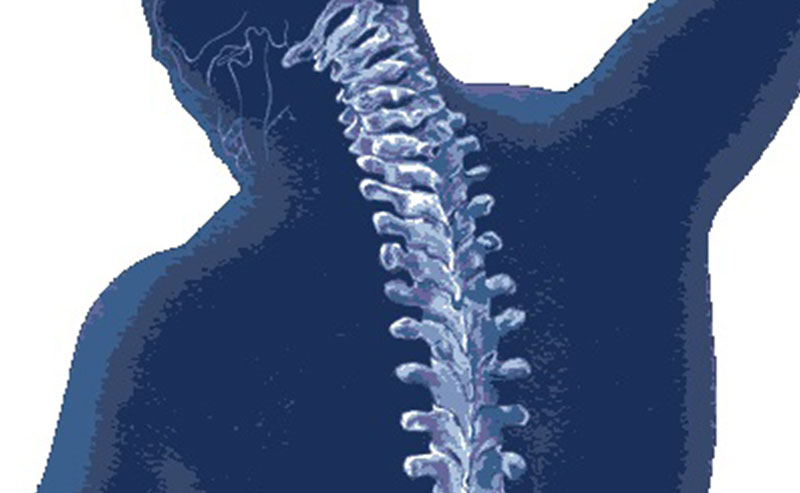Researchers at the Kessler Institute for Rehabilitation released a report this month that suggests a correlation between ethnicity and the rate of success of physical therapy for patients who suffered Traumatic Brain Injury (TBI). According to the institute based in Greater New York, Hispanics and non-Hispanic whites reported more success in terms of self-care after being released from hospital treatment than did non-Hispanic blacks. The report did not discuss how members of other ethnic or cultural groups such as Black Hispanic and Asians compared.
Researchers analyzed data from the Spinal Cord Injury Model System Database’s records of more than 1,700 adult spinal cord injury sufferers. The study recorded functional outcomes at time of admission, time of discharge and at a one year follow-up.
Recovery From Traumatic Brain Injury Is a Slow Process
A person’s recovery from TBI depends on many factors, such as the motivation of the individual patient and the severity of the injury. Currently, any attempt to determine precise recovery time remains difficult. However, there are some fairly reliable indicators that help doctors, patients and their families make an estimate. These include:
- Length of coma. The longer a patient is in a coma, the longer the recovery takes and the lower the chances of success
- Degree of amnesia. The sooner a person recovers memory after an injury, the better the odds are of full recovery.
- Age. Accident victims under two years of age and those older than 60 have the lowest chance of making a full recovery.
Other circumstances that make recovery more likely are:
- Diaschisis. When areas of the brain that are uninjured but connected to injured areas start functioning again, this is known as diaschisis. The greater the degree of function of non-injured brain areas, the faster recovery can happen.
- Uninjured portions of the brain begin managing responsibilities that they do not normally manage. Doctors have observed that in some patients, for unknown reasons, an area of the brain will “adapt” to take over the function that was once performed by a part of the brain that is now injured.
- The recovering patient learns new skills to help compensate for injury. If the patient shows the ability to learn new skills, this is a good sign that he or she will work through the injury.
Receiving Help for TBI
TBI recovery can be a long, arduous process. Along with the physical toll that TBI takes on the sufferer and his or her family, medical bills can be an additional source of anguish. If you have suffered TBI because of another person’s negligence, you may be entitled to monetary compensation. The lawyers at Barber and Associates, LLC in Anchorage are here to fight for victims of traumatic brain injuries. Call today for a free consultation.
